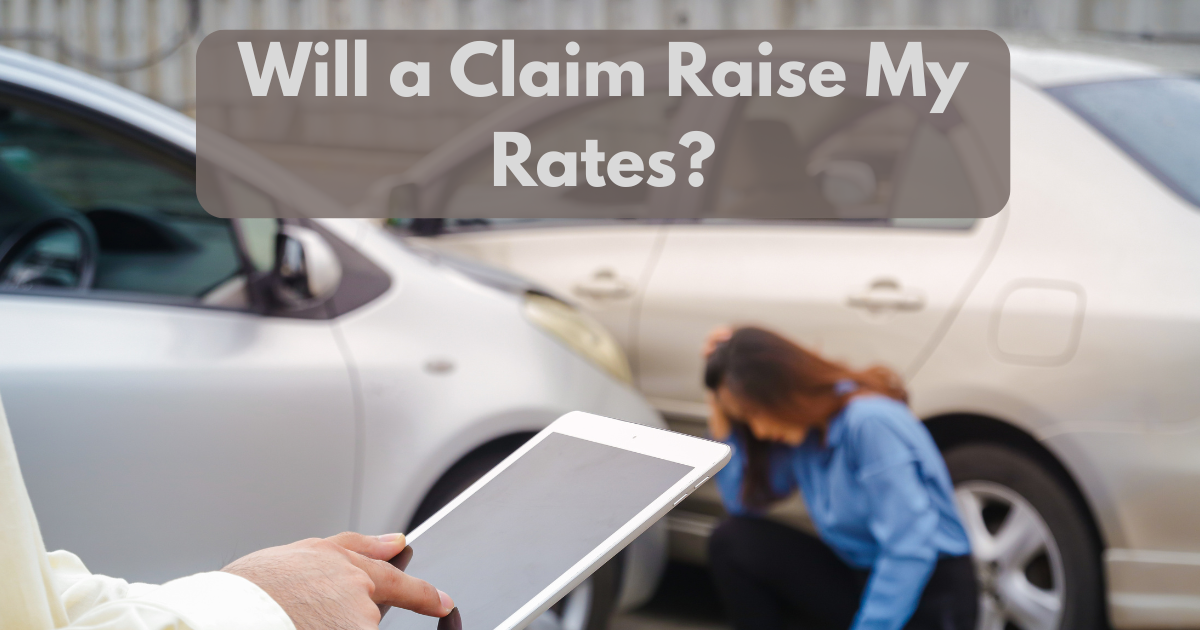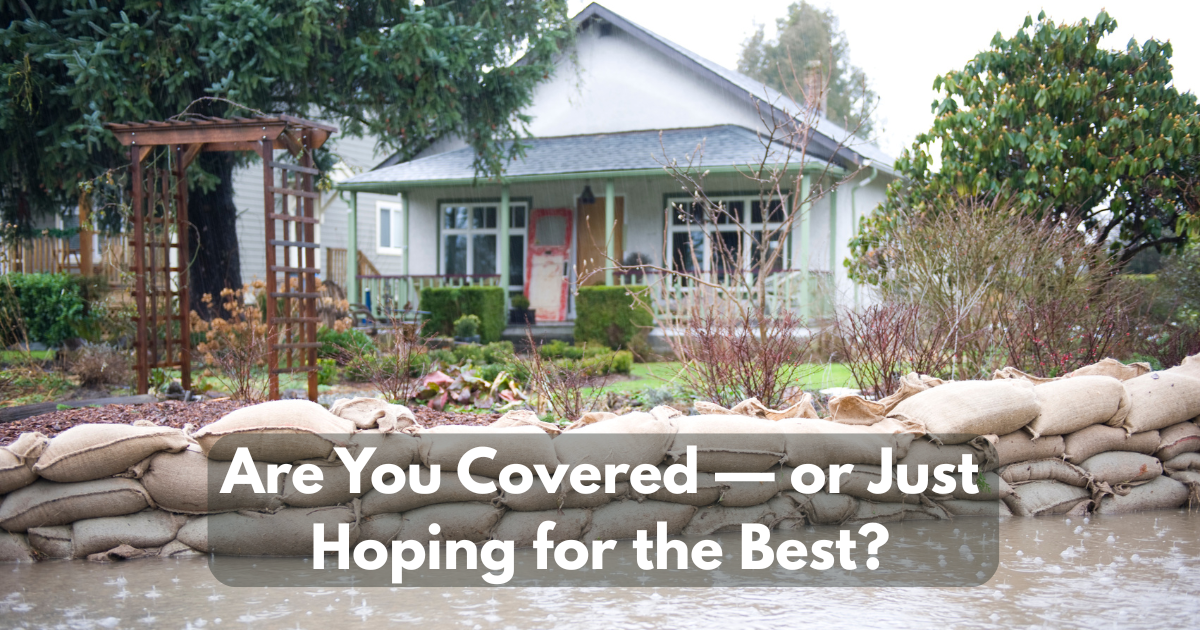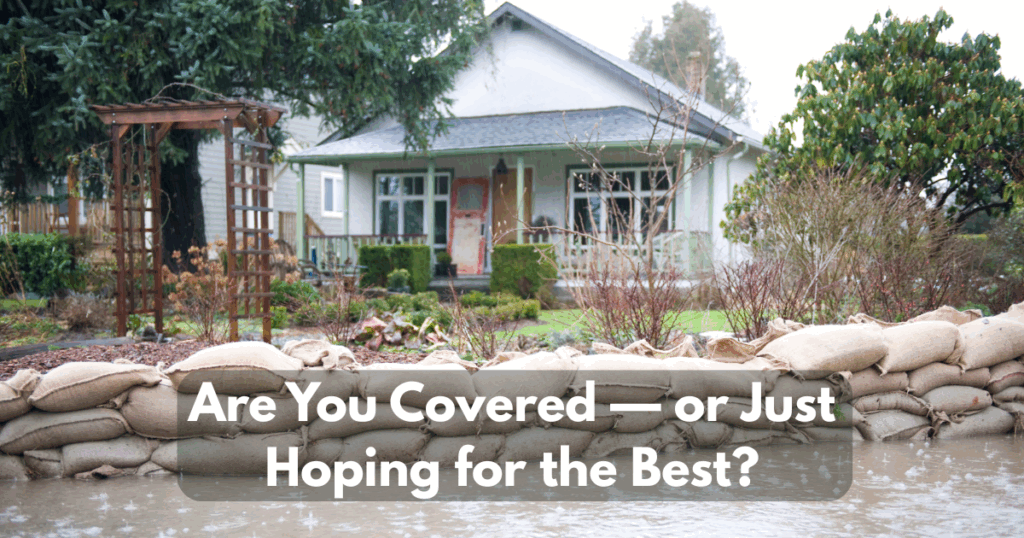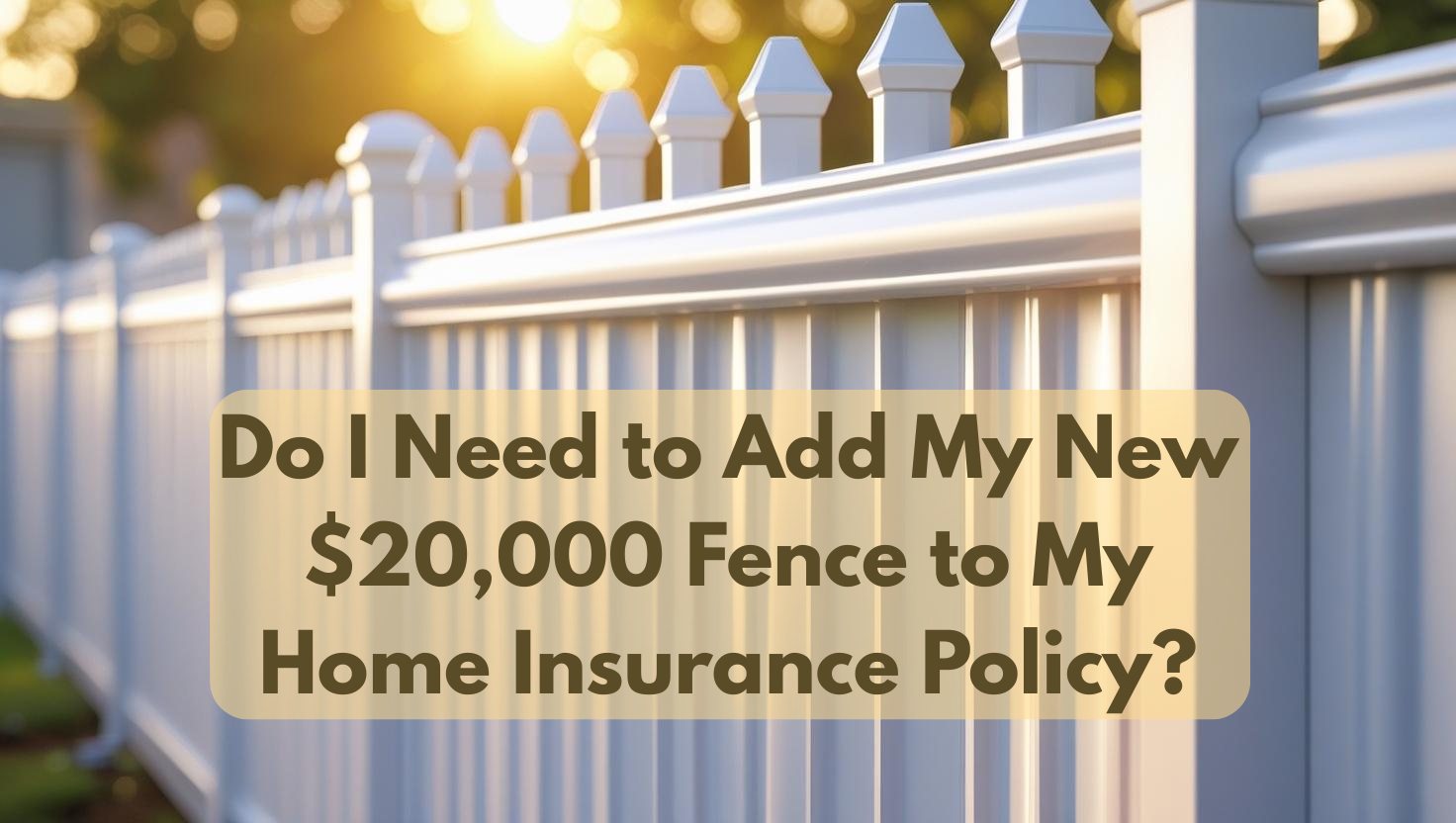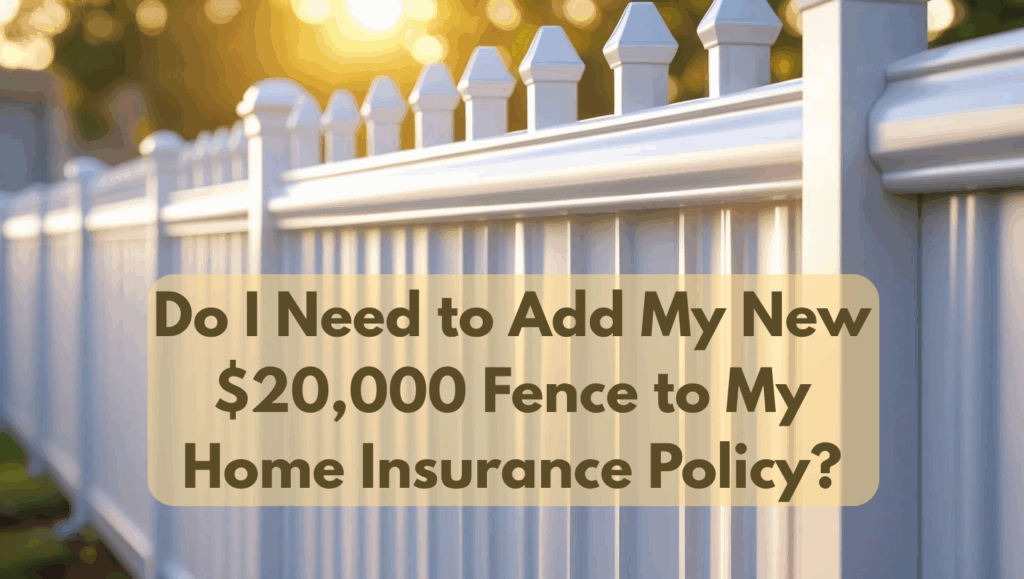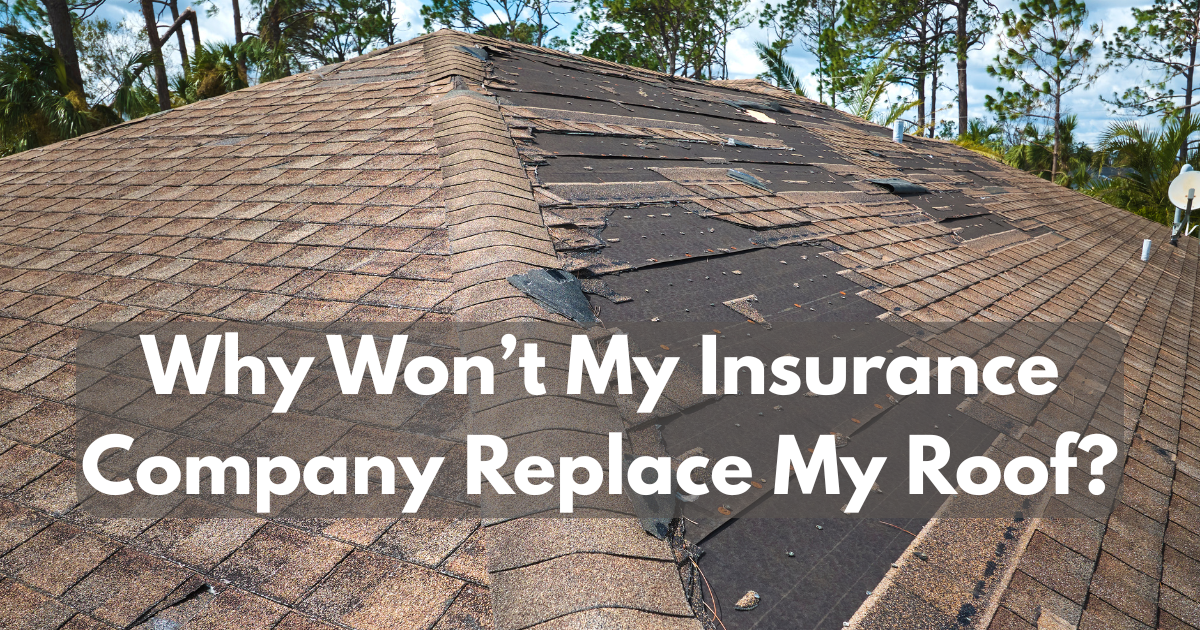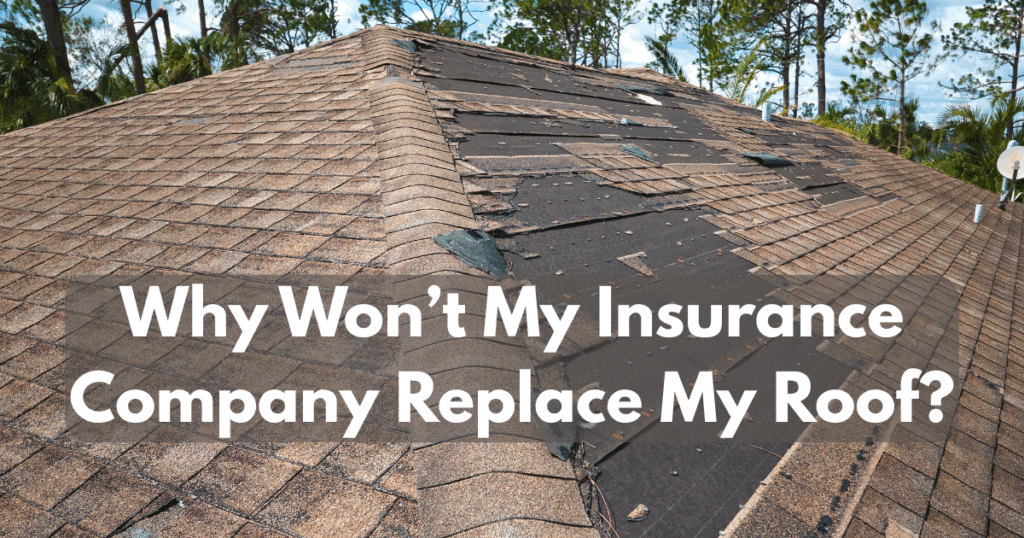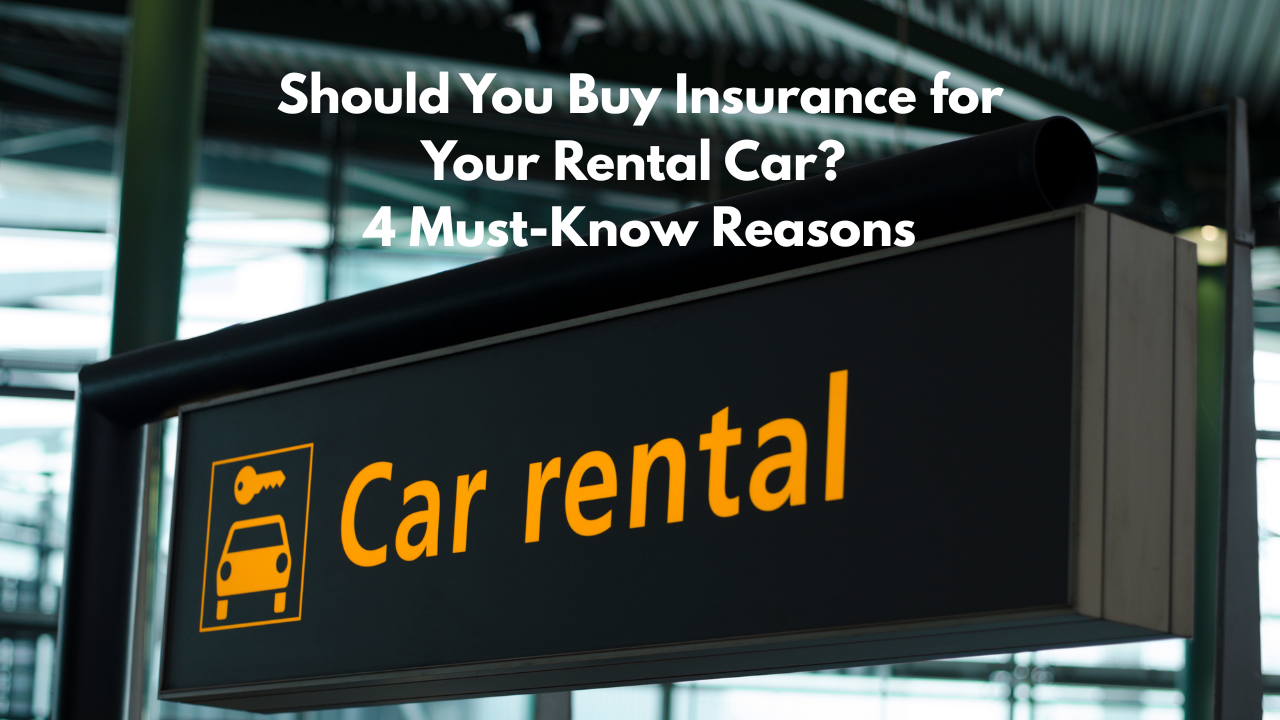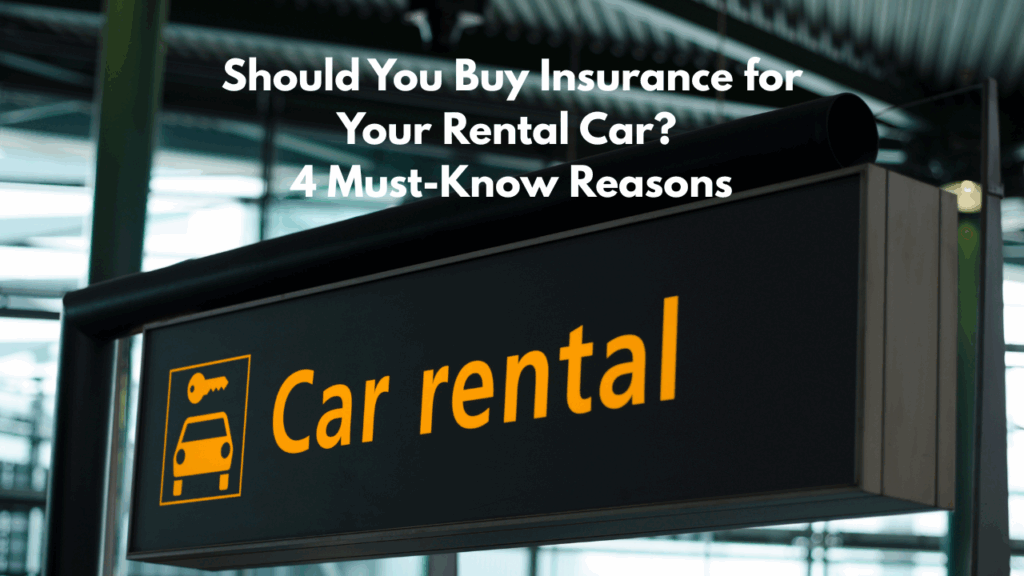How Does a Claim Affect My Auto Insurance Rate?
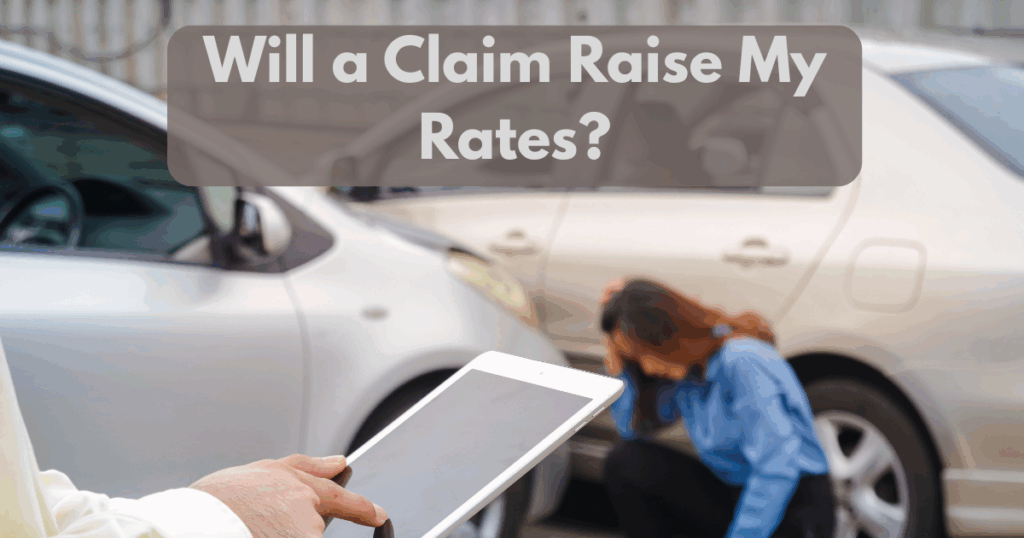
If you’ve recently been in an accident — or even just filed a small claim — you might be wondering:
“Will this make my insurance go up?”
It’s a fair question. Auto insurance pricing can feel like a mystery, and policyholders are often surprised by what causes a rate increase (or doesn’t). Whether your claim is small or serious, understanding how insurers calculate risk can help you make smarter decisions — before and after a claim.
In this article, we’ll explain exactly how a claim can affect your premium, what types of claims are most likely to trigger an increase, and what you can do to minimize the impact.
Will Every Claim Increase My Insurance Rate?
Not necessarily. While it’s common for rates to go up after a claim, it depends on several key factors:
- Who was at fault?
- What type of claim was filed?
- How severe was the damage or injury?
- How many claims have you filed recently?
- What’s your insurer’s specific pricing model?
If the accident was your fault, there’s a strong chance your premium will increase at your next renewal — but the amount varies widely.
What Types of Claims Affect Your Rate the Most?
Here’s a breakdown of how different types of claims typically impact your premium:
🔺 At-Fault Accidents
These are the most likely to result in a rate increase, especially if property damage or injuries are involved. In Massachusetts, your premium may increase for up to 6 years.
⚖️ Not-At-Fault Accidents
Generally, these do not impact your rate. However, too many not-at-fault claims can make you appear high-risk, especially if they’re paired with other violations.
🪟 Comprehensive Claims (theft, weather, vandalism)
Comprehensive claims typically have minimal impact on your rate, especially if it’s your first one.
🚘 Glass-Only Claims
In most cases, windshield or glass claims do not affect your premium. They’re usually treated as minor comprehensive losses.
How Much Can Your Auto Insurance Go Up After a Claim?
Rate increases vary based on your insurer and situation, but here’s a general idea:
| Claim Type | Estimated Rate Increase |
|---|---|
| First at-fault accident | 20%–40% |
| Multiple at-fault claims | 50%+ |
| Comprehensive claim | 0%–10% (usually no increase) |
| Glass-only claim | 0% |
In Massachusetts, insurers also apply surcharge points for at-fault accidents, which directly affect your premium for multiple years.
How Can You Avoid or Minimize a Rate Increase?
If you’re worried about a rate hike, here are a few strategies:
- Accident forgiveness: Some carriers offer forgiveness for your first at-fault claim.
- Raise your deductible: A higher deductible can lower your premium and discourage filing small claims.
- Pay out of pocket: For minor damage below or near your deductible, it may be smarter to avoid filing altogether.
- Safe driver discounts: Maintain a clean driving record to qualify for policy credits or reductions.
- Bundle your policies: Insurers may soften a rate increase if you also carry home, renters, or umbrella coverage with them.
Final Thoughts: Should You File That Claim?
At the end of the day, a claim doesn’t always mean your rate will skyrocket — but it can if you’re at fault or if you’ve filed multiple claims in a short time.
Now that you understand how insurers evaluate risk and pricing, you’re better prepared to weigh the pros and cons of filing a claim.
If you’re unsure, talk with your insurance broker before submitting it. They can walk you through the long-term cost implications and help you decide what’s best for your situation.
Conclusion: What You Should Do Next
Accidents happen — but rate increases don’t have to. You’ve now learned which types of auto claims can impact your premium and by how much.
The next step? If you’ve recently been in an accident or are thinking about filing a claim, connect with your broker first. They’ll help you understand your options and how it affects your long-term insurance costs.
Need help reviewing your policy or comparing quotes after a recent claim? The team at Vargas & Vargas Insurance can be reached at 617-298-0655 and will make it simple.


